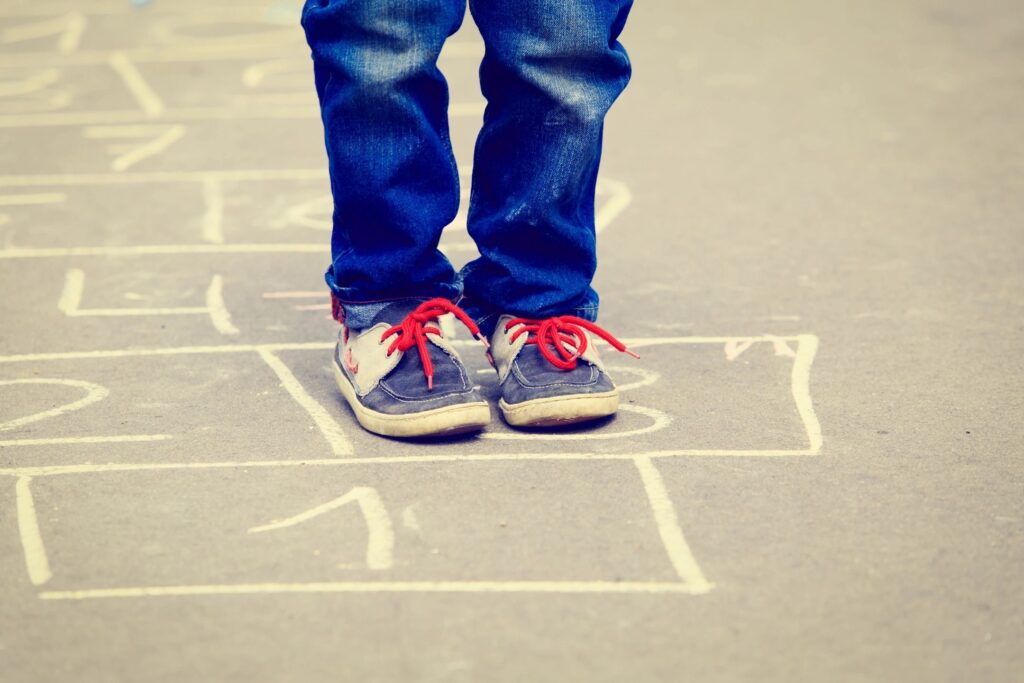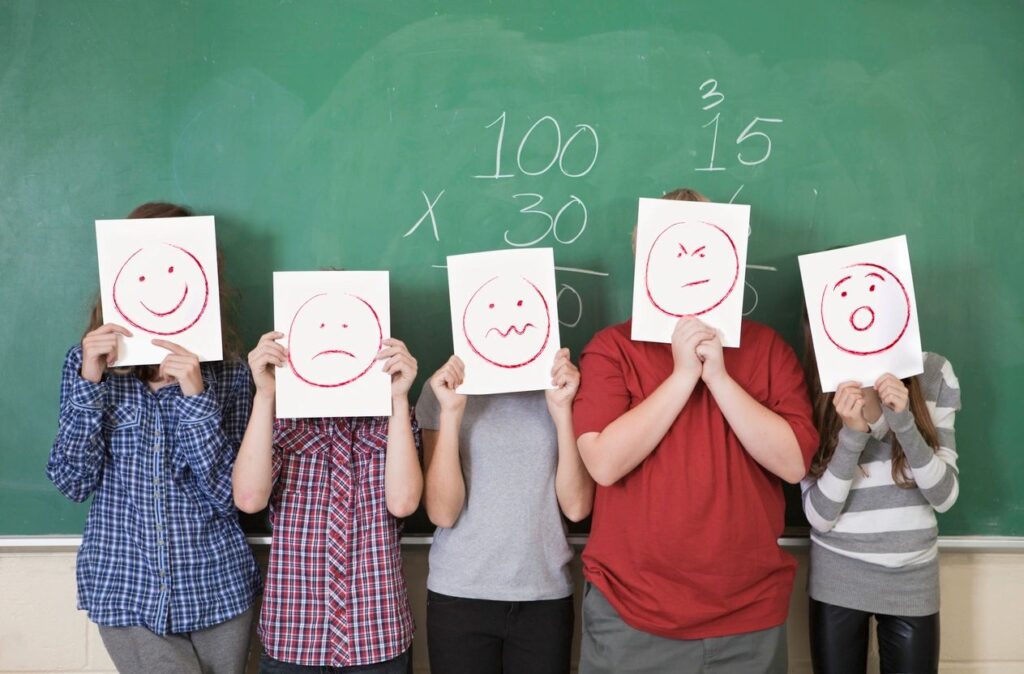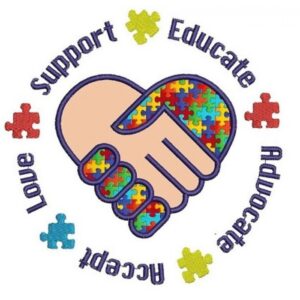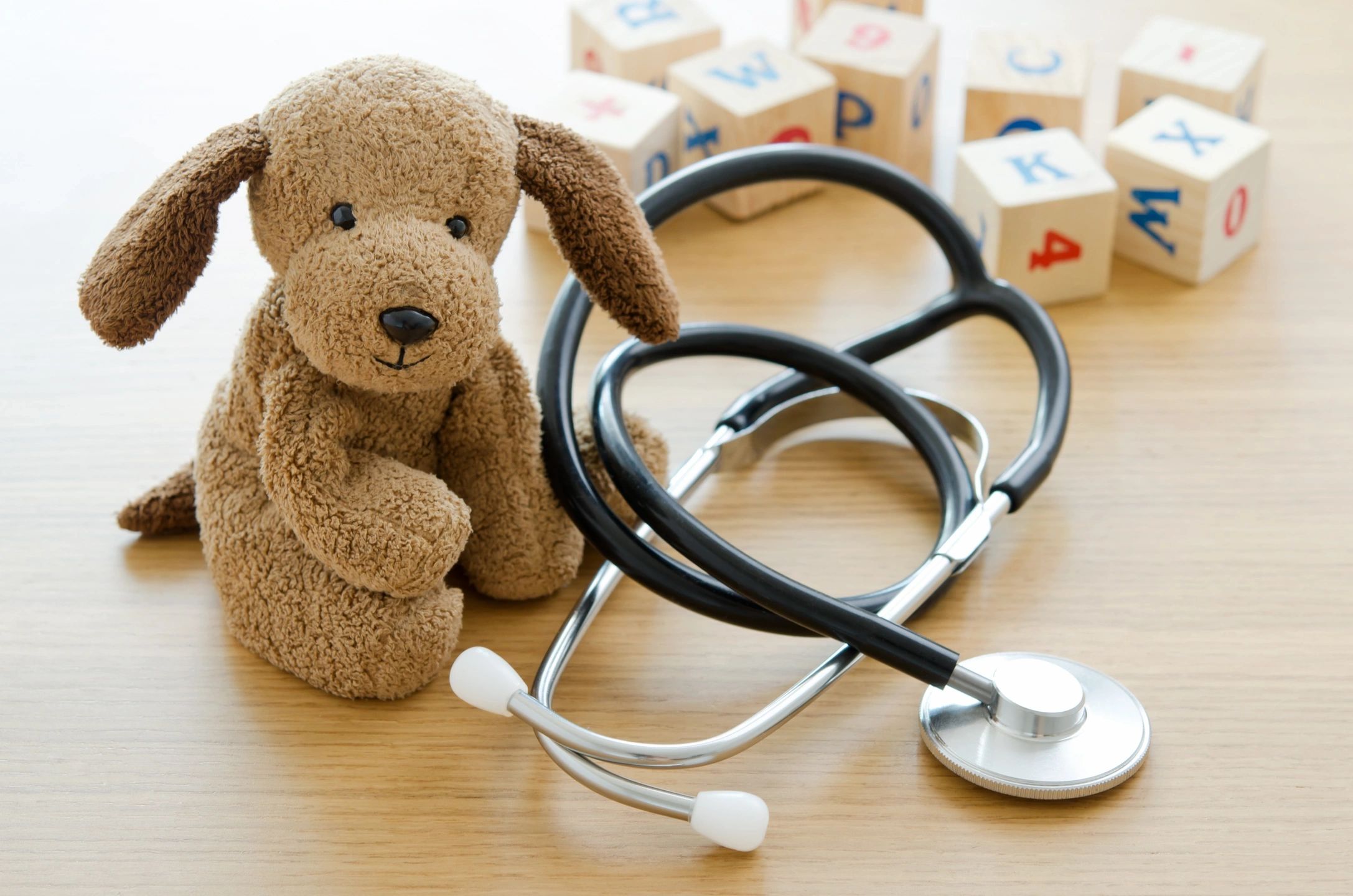Diagnosing autism spectrum disorder can be difficult because there is no medical test (like a blood test) to diagnose the disorder. Rather, psychologists evaluate the individual’s developmental history and behavior to make the diagnosis. At first glance, some people with autism may appear to have an intellectual disability, sensory processing issues, or problems with hearing or vision. Thorough diagnostic assessment by a trained psychologist is necessary for proper diagnosis. Also, early intervention is important, and if you are concerned about your child’s development, please refer to resources from the CDC, such as https://www.cdc.gov/ncbddd/actearly/pdf/FULL-LIST-CDC_LTSAE-Checklists2021_Eng_FNL2_508.pdf
Common signs of autism may include:
Deficits in Social Communication and Interaction
People with autism have difficulties with socialization that occur across multiple contexts. Here are some common signs:
- Avoids or does not keep eye contact
- Resists displays of affection such as cuddling, holding, or touching
- Inability to communicate their desires or wants effectively
- Does not respond to name by 9 months
- Does not show facial expressions like happy, sad, angry, and surprised by 9 months
- Does not play simple interactive games like pat-a-cake by 12 months
- Uses few or no gestures by 12 months
- For example, does not wave goodbye
- Does not share interests with others by 15 months
- For example, shows you an object that they like
- Does not point to show you something interesting by 18 months
- Does not notice when others are hurt or upset by 24 months
- Prefers to play alone; engages in minimal social play or peer interactions
- Does not notice other children or join them in play by 36 months
- Does not engage in pretend play by 48 months
- Does not sing, dance, or act for you by 60 months


Restricted or Repetitive Behaviors or Interests
People with autism have behaviors or interests that can seem unusual. Some examples might include:
- Lines up toys or other objects and gets upset when order is changed
- Repeats words or phrases over and over (called echolalia)
- Plays with toys the same way every time
- Is focused on parts of objects
- Gets upset by minor changes
- Has obsessive interests
- Inflexible; must follow certain routines
- Flaps hands, rocks body, or spins self in circles
- Sensory issues; has unusual reactions to the ways things sound, smell, taste, look, or feel

At Jones-Wood Psychological Associates, Inc., we can assess children six years of age and older as well as
adults. Depending on the age of the individual, we typically utilize the following instruments:
Diagnostic Tools:
- Autism Diagnostic Interview-Revised (ADI-R)
- Childhood Autism Rating Scale-Second Edition (CARS-2)
- Autism Diagnostic Observation Schedule-Second Edition (ADOS-2)
Other Instruments:
- Intelligence Tests
- Wechsler Intelligence Scale for Children-Fifth Edition (WISC-V)
- Wechsler Adult Intelligence Scale-Fourth Edition (WAIS-IV)
- Personality Tests
- Minnesota Multiphasic Personality Inventory-Adolescent-Restructured Form (MMPI-A-RF)
- Minnesota Multiphasic Personality Inventory-Third Edition (MMPI-3)
We may review other information, such as a medical history of the mother’s pregnancy, developmental
milestones, sensory challenges, medical illnesses and assessment of language skills. Then, we may also review family history of developmental, genetic, and metabolic disorders.
Our Jones-Wood Psychological Associates, Inc. clinician who conducts these evaluations is:



Comments are closed